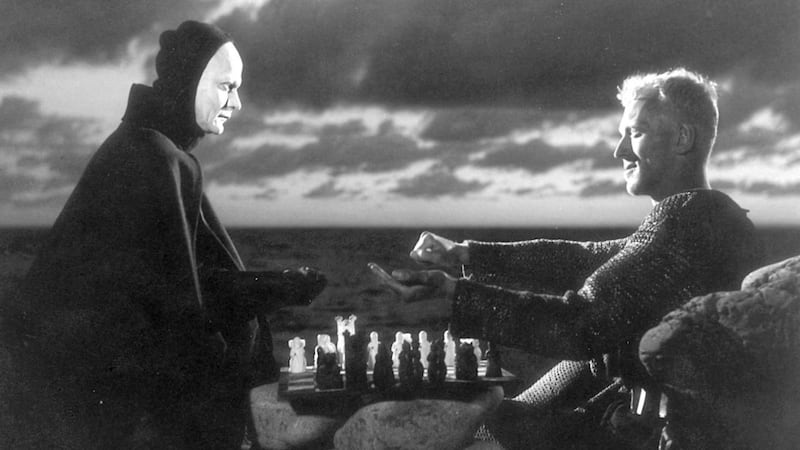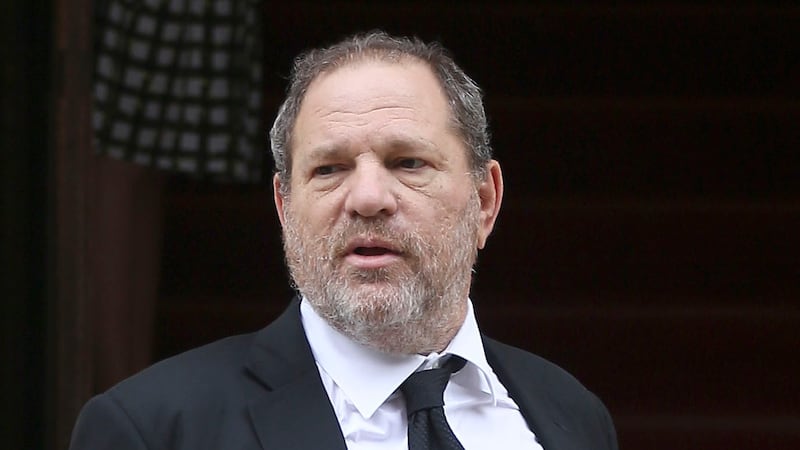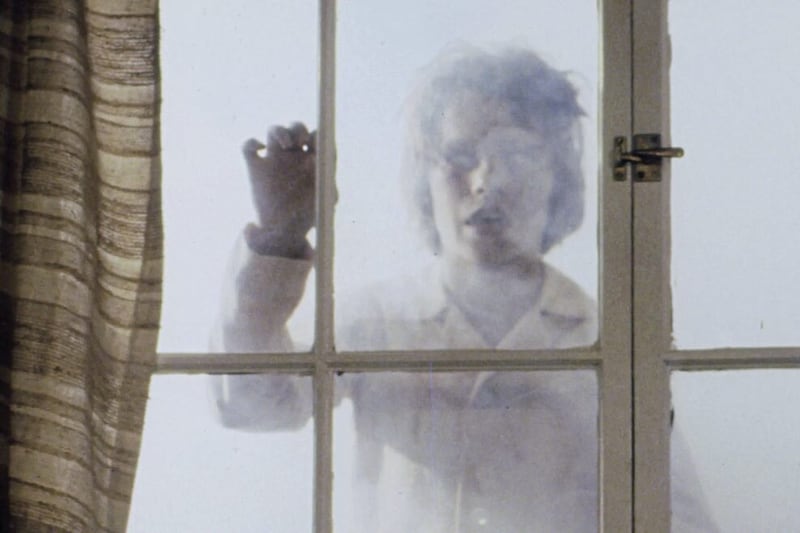Max von Sydow RIP
RANGE is an important aspect of every great actor's skill set and Max von Sydow had more than most. The Swedish actor, who passed away this week aged 90, could turn his hand to just about everything, gracing all manner of movies in a career that stretched back over more than six decades. As comfortable in the art house offerings of Ingmar Bergman as he was in modern blockbusters such as Star Wars: The Force Awakens, his steely eyed on-screen presence elevated everything he appeared in.
His gangly six-foot-three frame, icy blue eyes and even icier Scandinavian demeanour allowed him to stand out in everything, from weird and wonderful sci-fi like Dune (1984) to wordy, adult comedies such as Woody Allen's Hannah and Her Sisters (1986). He even turned up to add a little gravitas to the television fantasy game changer that was Game of Thrones.
There's something very likable about an actor who can turn his hand to such a variety of productions and little was below him in terms of subject matter and target audiences. He brought some much needed religious conviction to William Friedkin's The Exorcist (1973) and played Jesus in The Greatest Story Ever Told (1965), Bond's arch enemy Blofeld in Never Say Never Again (1983) and the evil Ming The Merciless in Flash Gordon (1980). As I say, range was never an issue for the man: the Swede even lent his velvet tones to The Simpsons, always a sure sign of cult credibility.
However, able as the man was to be convincing in all manner of movies, it's those collaborations with Bergman that will forever define him for cinema lovers the world over. In total, the two Swedes made 13 films together, with von Sydow becoming a crucial member of the director's close knit repertory company. He took on lead roles in films like The Magician and The Virgin Spring and added his gaunt, Nordic presence to smaller roles in the likes of Wild Strawberries and Brink of Life.
It's von Sydow's turn in The Seventh Seal (1958) as Antonius Block, an imposing medieval knight who comes back from the crusades to find his homeland devastated by plague, that provides his defining cinematic performance. When the strapping young knight with his gaunt face and shock of white hair comes across the ghost-like, black hooded figure of Death, played by Bengt Ekerot, and they sit down to play chess whilst looking out across the barren landscape and contemplating the ravaged country before them, he helped create one of the most iconic moments in cinema history. So iconic, in fact, that it's been references and parodied mercilessly ever since.
Nobody encapsulated the bleak but beautiful vision of Bergman on screen quite like von Sydow. Of the director, the actor said he was "an extraordinary movie maker, I have so much to thank him for." Of the actor, Bergman simply said, in their final conversation together: "Max, you have been the first and the best Stradivarius that I have ever had in my hands."
That sounds like a very fitting tribute to me.








